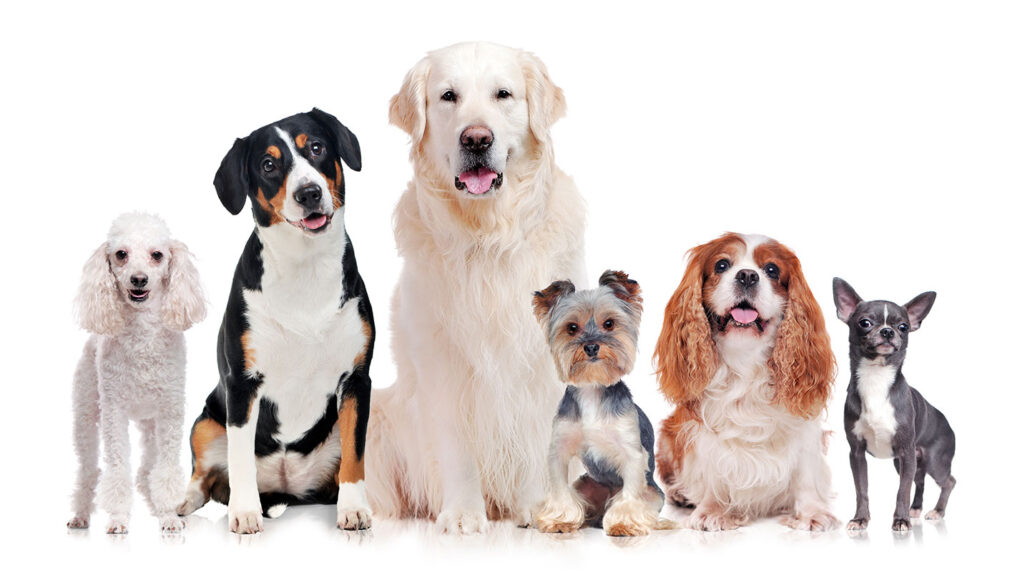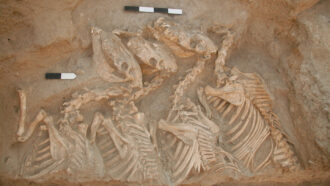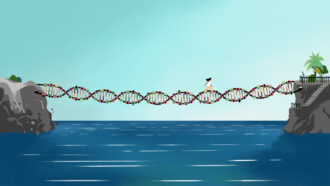
Animals
Explainer: What is animal domestication?
The difference between a dog and a wolf isn’t looks or genes or even behavior. It’s the relationship these animals have with people.
Come explore with us!

The difference between a dog and a wolf isn’t looks or genes or even behavior. It’s the relationship these animals have with people.

Allergies are caused by the body’s immune system overreacting to harmless substances.

One gene drive to eliminate malaria seems to work in the lab. Now it’s time to ask local people if they want it released in the wild.

Many people associate dog breeds with specific behavioral traits. But breed appears to account for only about 9 percent of behavioral differences.

Archaeological finds from an ancient French rock-shelter show periodic settlements by both populations, just not at the same time.

People bred these animals — part donkey, part wild ass — some 4,500 years ago, probably for use in fighting wars.

A cloned ferret named Elizabeth Ann brings genetic diversity to a species that nearly went extinct in the 1980s.

Dog puppies outpace wolf pups at engaging with humans, even with less exposure to people, supporting the idea that domestication changed dogs’ brains.

The price of not vaccinating nearly everyone across the world could be a longer pandemic and more troubling variants of the new coronavirus.

Little diversity in genetic databases makes precision medicine hard for many. One historian proposes a solution, but some scientists doubt it’ll work.